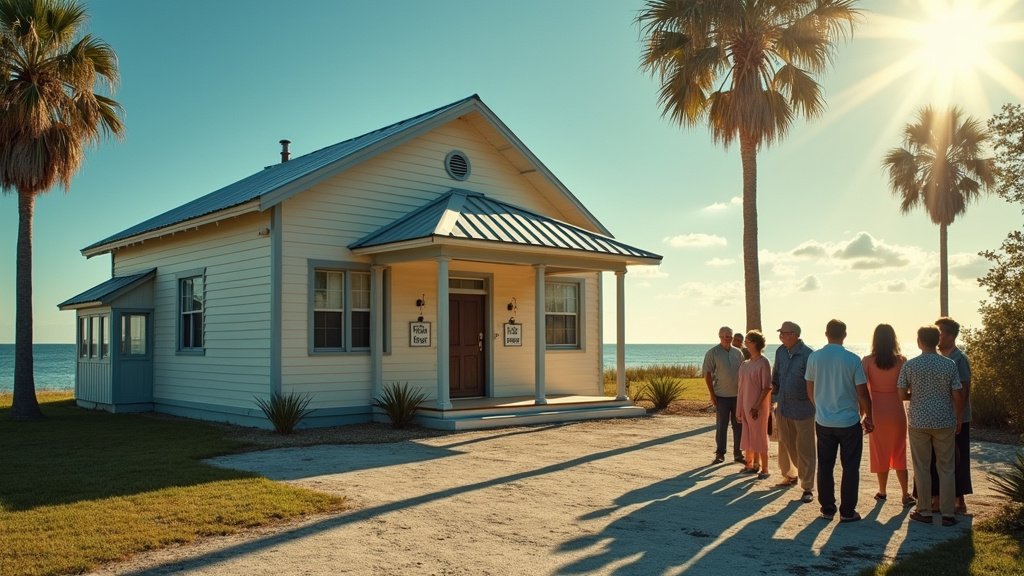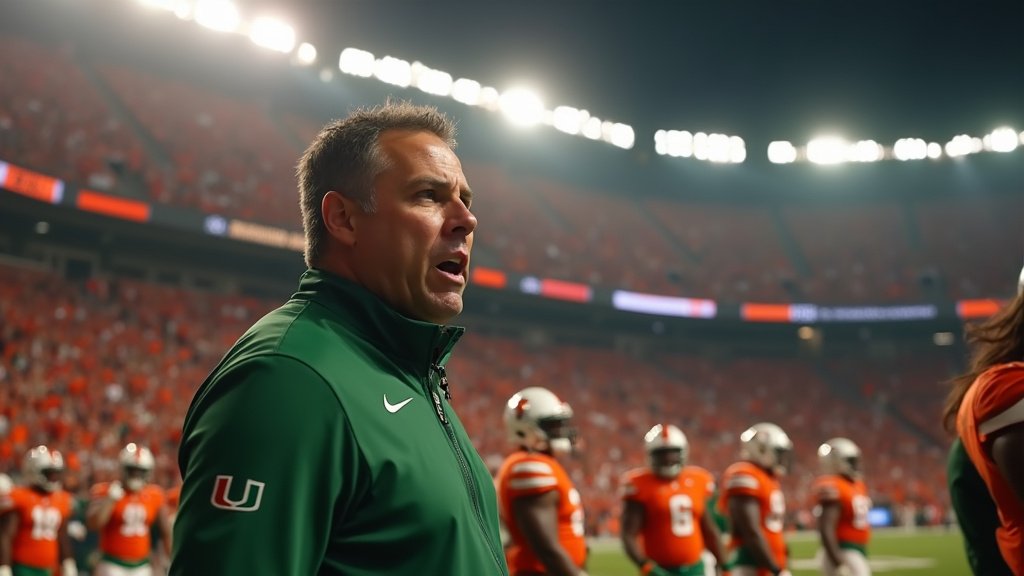An alarming trend in American public sentiment has recently been highlighted, suggesting a concerning parity in the trust levels citizens place in the Democratic Party and former President Donald Trump. An August 15, 2025, opinion column in the Miami Herald, titled “Americans like Democrats as much as they trust Trump. That’s not good,” underscored this uneasy equilibrium, pointing to a profound crisis of confidence that extends far beyond individual political figures to the very institutions that underpin U.S. democracy. This insightful editorial argues that while Trump is often criticized for his honesty, the Democratic Party has simultaneously seen its favorable ratings plummet to a record low, creating a landscape where skepticism is the dominant emotion for a significant portion of the electorate.
The Erosion of Public Confidence
For nearly a decade, various polls have charted a steady decline in public trust across the American political spectrum. The Miami Herald piece cited a YouGov tracking poll revealing that the percentage of people who believe Donald Trump is honest has dwindled from 37% to 31%. More critically, Gallup reported that favorable views of the Democratic Party have fallen from 43% to a record low of 34% over a similar period. In contrast, the Republican Party’s favorable views remained stagnant. This data paints a stark picture: Americans are now almost equally dubious of trusting Democrats as they are of trusting the former president, long scrutinized for his relationship with facts.
This isn’t an isolated phenomenon. Broader research consistently shows a significant decline in trust across numerous U.S. institutions, a trend that largely began in the 1970s and accelerated after 2016. Gallup surveys from 2022 documented substantial drops in public confidence across 11 of 16 major institutions, including the Supreme Court, the presidency, the medical system, banks, police, public schools, and newspapers.
The Democratic Quandary
The Miami Herald editorial delves into the reasons behind the Democratic Party’s unprecedented decline in public favorability. It suggests that a significant portion of this waning support comes from within the party’s own ranks, with disaffected Democrats expressing frustration over what they perceive as an inadequate opposition to Trump and a string of electoral defeats that have left Republicans in control of both the White House and Congress.
Beyond internal strife, the commentary posits that Democrats often appear “out of touch” with everyday American concerns, relying on statistics while Trump’s rhetoric, however contentious, resonates with public sentiment on issues like crime, immigration, and the economy. Reinforcing this, a July 2025 Wall Street Journal poll found the Democratic Party’s image at its lowest point in over three decades, with a staggering 63% of registered voters considering it “out of touch.” This poll further indicated that Republicans are now trusted more on critical issues such as the economy, immigration, and crime. An Associated Press-NORC poll from July 2025 also found many Democrats view their own party as “weak” or “ineffective.”
The Enduring Appeal of Donald Trump
While the editorial points to a decrease in the perception of Trump’s honesty, his overall approval among his base has remained remarkably resilient. His appeal often lies in his direct communication and perceived willingness to address a sense of threat felt by many voters. A significant majority of Trump voters believe American values, traditions, and economic prosperity are under siege, and Trump’s messaging frequently aligns with these concerns.
Despite fluctuating approval ratings, particularly after his second term began, Trump has largely maintained a strong core of support, especially among Republicans who view his actions as fulfilling campaign promises. This contrasts sharply with the Democrats’ struggle to inspire similar levels of steadfast loyalty among their own constituents, particularly after electoral losses.
A Broader Crisis of Trust and Political Polarization
The disturbing parity in distrust highlighted by the Miami Herald is merely a symptom of a deeper, more systemic problem: extreme political polarization. The ideological and demographic divides between Republicans and Democrats have widened considerably, fostering an “us versus them” mentality that erodes social trust. This polarization extends to trust in various institutions, with partisan allegiances dictating confidence levels in everything from the press and science to the police and the military.
This environment of pervasive distrust makes it inherently more challenging for the nation to address pressing issues like climate change, societal inequalities, and economic instability. When citizens lose faith in their government, its ability to function effectively is compromised, potentially leading to reduced compliance with official guidance and difficulties in attracting talent to public service. The proliferation of misinformation and disinformation, often amplified by certain news channels and social media, further exacerbates this trust deficit, making it harder for the public to discern accurate information and for political leaders to build consensus.
Implications for American Democracy
The consequences of this widespread political skepticism are profound for the health of American democracy. Low trust is associated with increased political disengagement and further polarization among citizens. While some research suggests that declining trust doesn’t necessarily lead to a complete abandonment of democratic principles, it does correlate with a demand for greater direct citizen involvement in decision-making and can even subtly stimulate support for more autocratic leadership, even if the effect is small.
The lack of faith in the political system, where only a fraction of Americans believe it is working well, underscores a fundamental challenge. Rebuilding trust requires not only greater accountability and transparency from institutions but also a re-evaluation of how political leaders engage with the public. Issues like the perceived “out of touch” stance of Democrats or the polarizing rhetoric of figures like Trump contribute to this erosion. The path forward demands a concerted effort to bridge divides, address core societal anxieties, and foster a renewed sense of shared purpose that transcends partisan loyalties. The current news landscape reflects a nation at a critical juncture, where restoring confidence in its leaders and institutions is paramount for a functional future.





